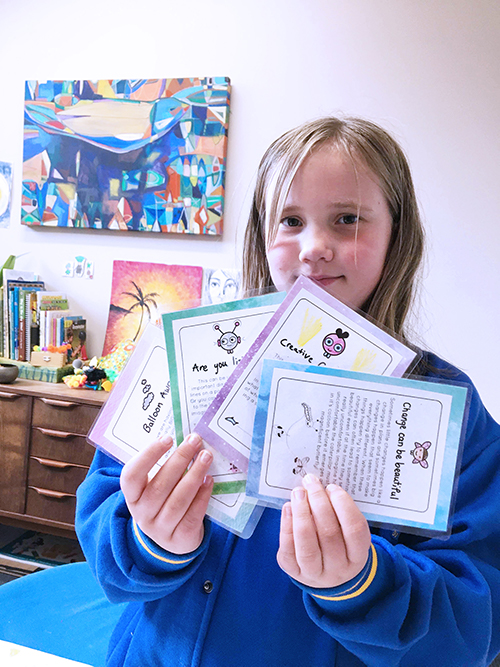
Social and Emotional Learning is a crucial protective factor for mental health in young people.
‘Social and emotional learning is the process through people acquire and effectively apply the knowledge, attitudes, and skills necessary to understand and manage emotions, set and achieve positive goals, feel and show empathy for
others, establish and maintain positive relationships and make responsible decisions.’ (CASEL)
Kids who engage with SEL programs at an early age learn better, have better relationships, experience better mental health, make better life choices and enjoy better socio economic outcomes into their future.
There are five interrelated sets of cognitive, affective and behavioural competencies…
Self-Awareness, Self -Management, Social Awareness, Relationship Skills, and Responsible Decision Making.
Perspective Taking
Empathy
Appreciating Diversity
Respect for others
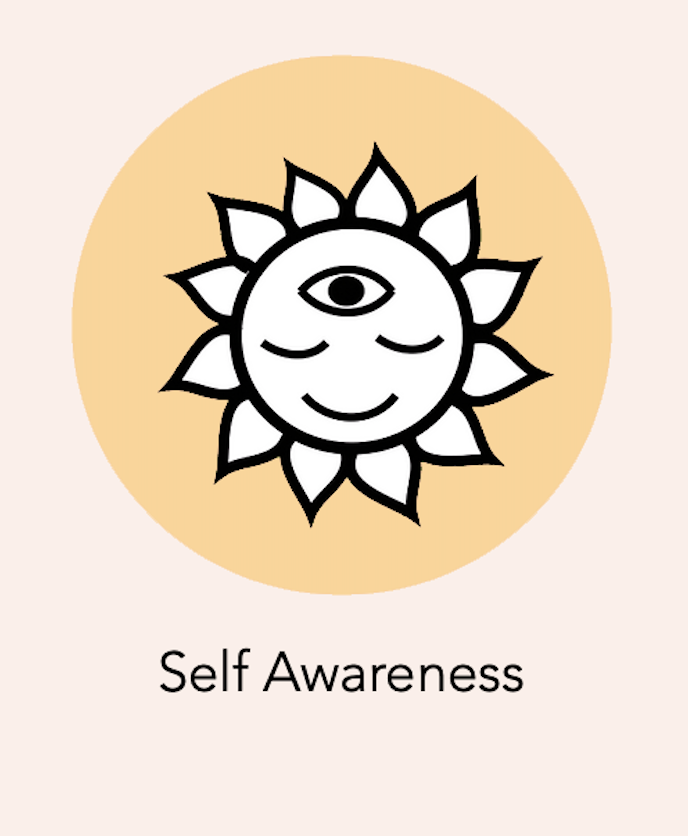
Identifying emotions
Acurate Self Perception
Recognising strengths
Self Confidence
Self Efficacy

Impulse Control
Stress Management
Self Discipline
Self Motivation
Goal Setting
Organisational Skills
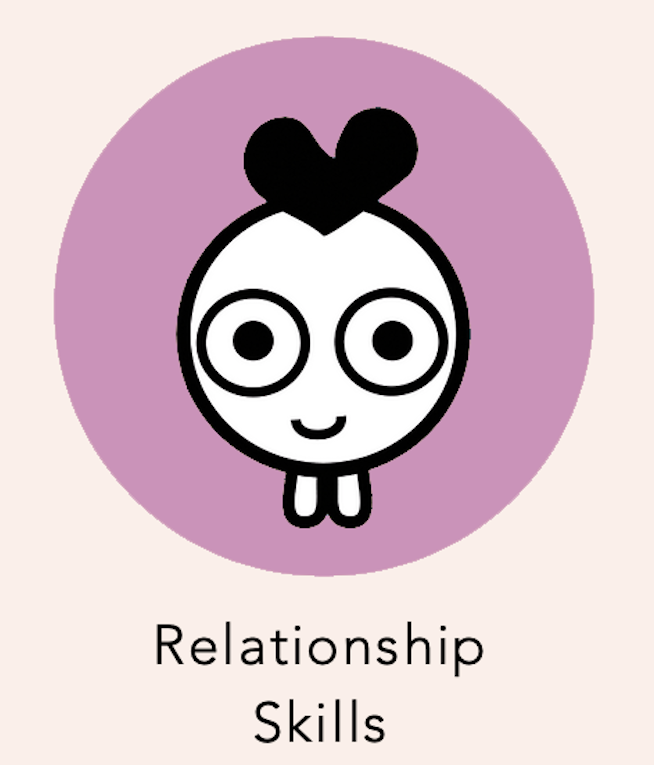
Communication
Social Engagement
Relationship Building
Teamwork
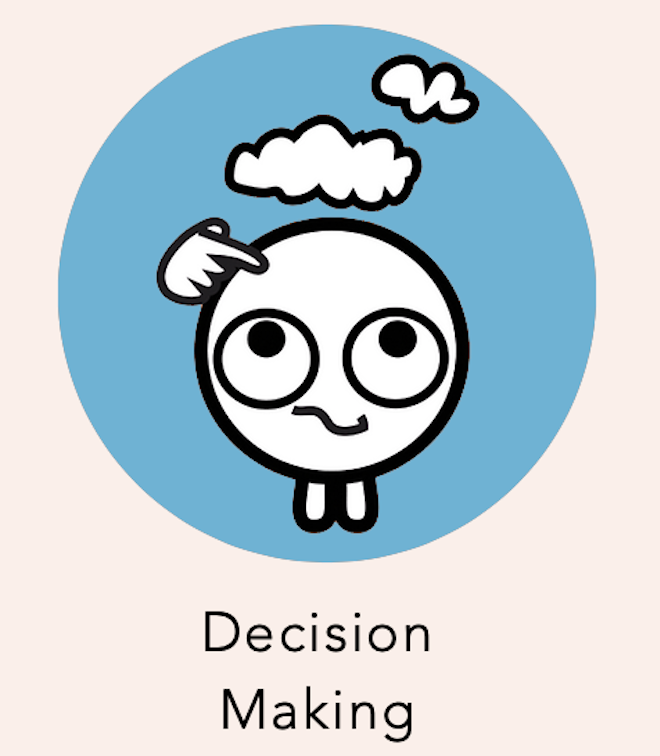
Identifying Problems
Analysing Situations
Solving Problems
Evaluating
Reflecting
Ethical Responsibility
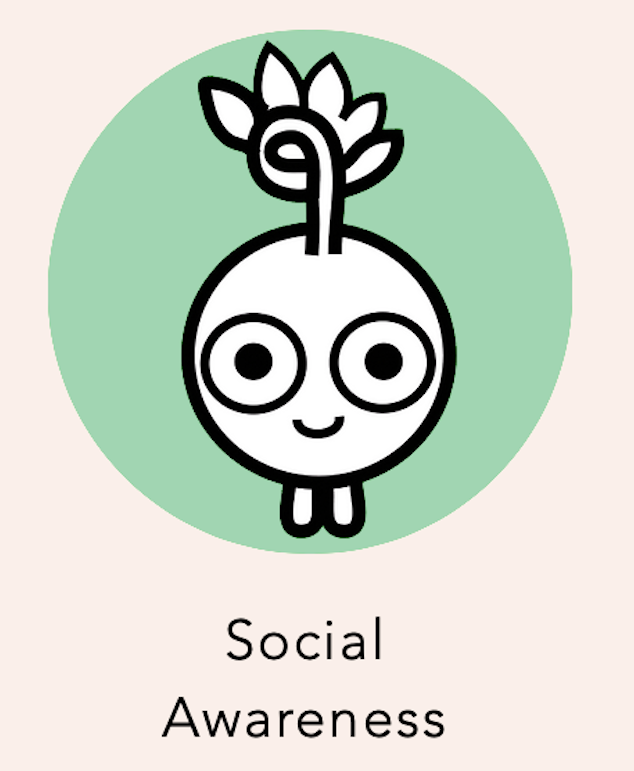
Perspective Taking
Empathy
Appreciating Diversity
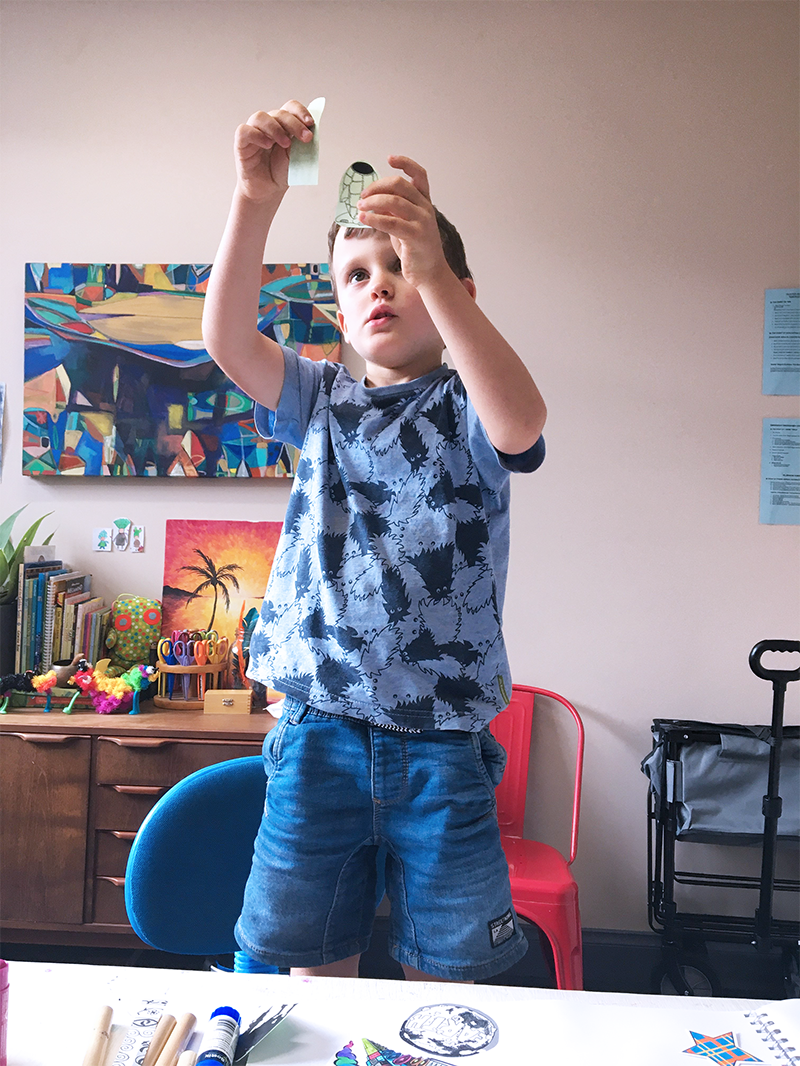
Implementation of these competencies has been proven to lead to positive long-term benefits.
SEL programs positively impact academics, behaviours, attitudes, skills, education, employment, criminal activity, substance use, and mental health. Of particular importance to the efficacy of SEL programs is how they are taught. SEL programs have the best outcomes when taught in collaboration with teachers, peers and family in supportive and interactive learning environments over many years.
contact information

